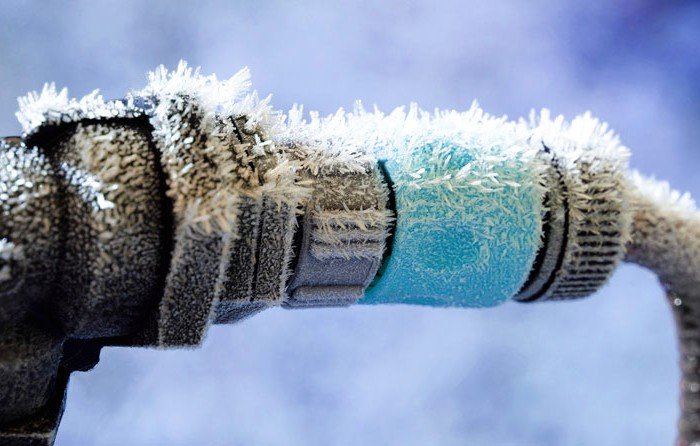
Winterizing Your Pool
A Crucial Step In Protecting Your Investment
As the vibrant colors of autumn fade away and winter’s chill begins to settle in, pool owners are faced with the important task of winterizing their pools.
While it may be tempting to overlook the process, proper winterization is a crucial step in protecting your pool from potential damage and ensuring a smooth reopening when the warmer seasons return. In this article, we’ll explore the importance of winterizing your pool and the steps involved in this essential maintenance practice.
PREVENTING FREEZING
DAMANGE
One of the primary reasons for winterizing your pool is to prevent damage caused by freezing temperatures. When water freezes, it expands, and this expansion can lead to cracks in the pool’s structure, damage to plumbing lines, and hard to various pool components. Winterizing your pool ensures that there is no water left in the system that can freeze and cause costly damage.
PROTECTING POOL
EQUIPMENT
Your pool is equipped with various mechanical components such as pumps, filters, and heaters. These components are not designed to withstand extreme cold, and exposure to winter weather can lead to deterioration and malfunction. By winterizing your pool, you protect these valuable components, extending their lifespan and saving you from expensive repairs or replacements.
PREVENTING ALGAE
GROWTH AND STAINING
Winter is a time when pool water is not being circulated and filtered regularly. Without proper care, stagnant water becomes a breeding ground for algae, which can not only discolor your pool but also create a more challenging opening process in the spring. Winterizing your pool included adding winterizing chemicals to prevent algae growth, ensuring a cleaner and more inviting pool when you reopen.
MAINTAINING WATER
QUALITY
The winter months may not be the time for swimming, but the quality of your pool water still matters. Neglecting to winterize your pool can result in imbalances in water chemistry, leading to issues such as corrosion, scale buildup, and cloudy water. Proper winterization involves adjusting chemical levels, maintaining proper circulation, and adding winterizing chemicals to keep your water balanced.
SIMPLIFYING SPRING
OPENING
Perhaps one of the most significant benefits of winterizing your pool is the ease with which you can reopen it when warmer weather returns. A
well-maintained winterized pool requires less effort and time for spring opening. Without the need for extensive cleaning, repairs, or adjustments, you can stat enjoying your pool sooner and with peach of mind.
CONSERVING ENERGY
AND RESOURCES
Winterizing your pool also contributes to energy and resource conservation. By shutting down non-essential pool equipment and covering the pool, you reduce energy consumption and water evaporation. This not only saves you money on utility bills but also aligns with sustainable practices in maintaining your pool.
Winterizing your pool is not just a routine task; it’s a critical step in protecting your investment and ensuring the longevity of your pool and its components. By taking the time to properly winterize your pool, you not only prevent potential damage but also make the reopening process smoother and more enjoyable. Make winterization a priority, and you’ll reap the benefits of a well-maintained pool season after season.
Thanks for reading!
Foley Pools



